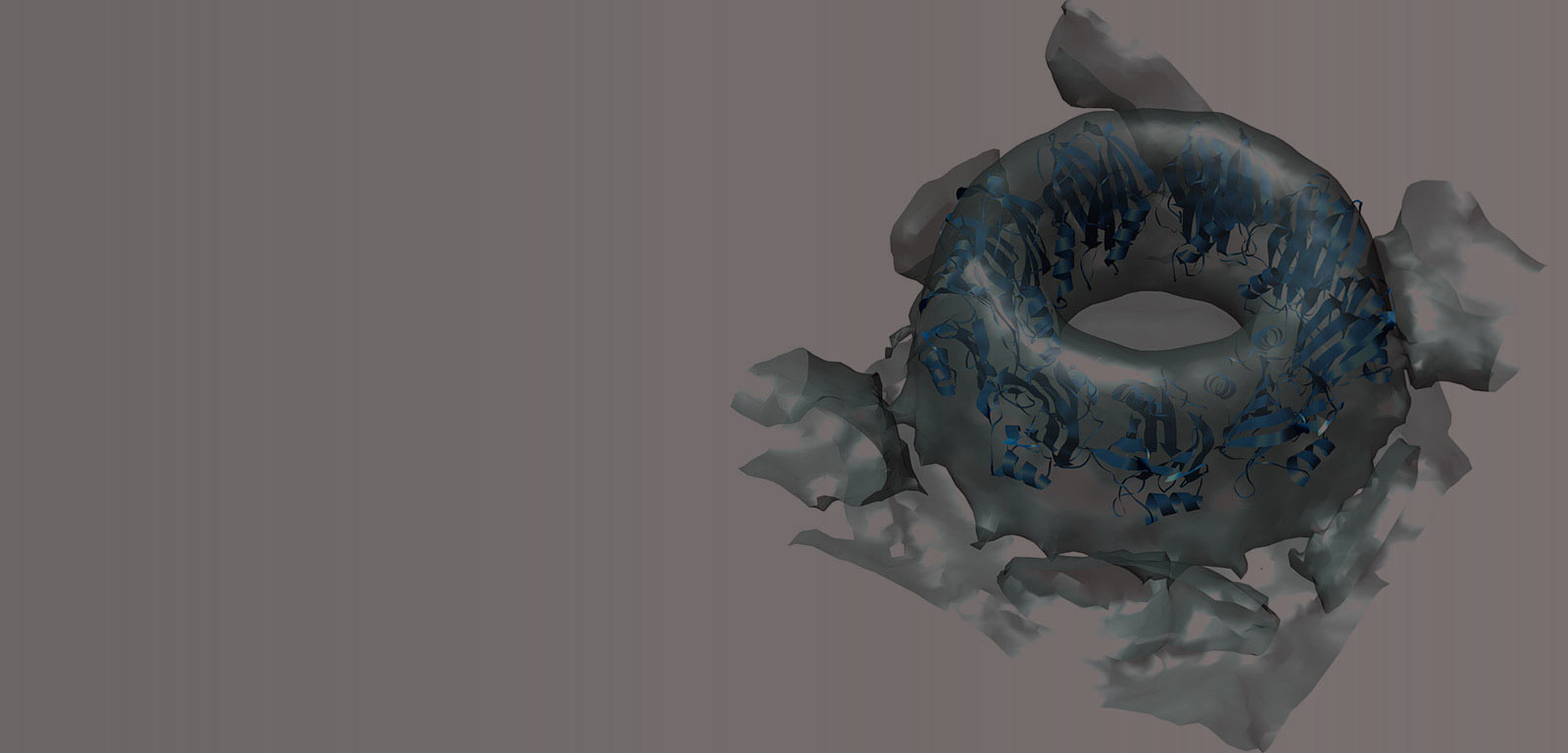Subject
Normal and Pathological Immune Response
General details of the subject
- Mode
- Face-to-face degree course
- Language
- Spanish
Teaching staff
| Name | Institution | Category | Doctor | Teaching profile | Area | |
|---|---|---|---|---|---|---|
| FULLAONDO ELORDUI-ZAPATERIECHE, ASIER | University of the Basque Country | Profesorado Agregado | Doctor | Bilingual | Genetics | asier.fullaondo@ehu.eus |
Competencies
| Name | Weight |
|---|---|
| Conocimiento actualizado de las áreas más activas de la Biología Molecular y la Biomedicina. | 16.0 % |
| Experiencia de trabajo en un laboratorio de investigación en el área. | 16.0 % |
| Capacidad para comenzar el trabajo experimental conducente al doctorado. | 16.0 % |
| Capacidad para comprender y, a nivel básico, evaluar críticamente un artículo de investigación en las áreas objeto del Máster. | 16.0 % |
| Capacidad para integrarse en una empresa biomédica biotecnológica como titulado superior. | 16.0 % |
| Capacidad para iniciar una tesis doctoral. | 16.0 % |
Study types
| Type | Face-to-face hours | Non face-to-face hours | Total hours |
|---|---|---|---|
| Lecture-based | 50 | 75 | 125 |
Training activities
| Name | Hours | Percentage of classroom teaching |
|---|---|---|
| Expositive classes | 60.0 | 32 % |
| Group discussion | 20.0 | 4 % |
| Text analysis | 45.0 | 4 % |
Assessment systems
| Name | Minimum weighting | Maximum weighting |
|---|---|---|
| Attendance and participation | 0.0 % | 20.0 % |
| Critical debate in the classroom | 0.0 % | 20.0 % |
| Evaluation by means of the presentation of projects | 0.0 % | 20.0 % |
| Presentations | 0.0 % | 20.0 % |
| Questions to discuss | 0.0 % | 20.0 % |
Learning outcomes of the subject
The student will acquire a critical scientific spirit, capacity for experimental design and scientific communication in the field of immunology.The student will acquire practical skills in the appropriate techniques to address problems of a basic or applied nature in Immunology.
The student will acquire the knowledge, skills and abilities necessary to carry out an innovative research project in immunology.
The student will know how to apply advanced knowledge and techniques in Biochemistry and Molecular Biology to the diagnosis, treatment and prevention of human immunological diseases.
The student will acquire the self-learning skills that will make possible a continuous update in the methodological and conceptual advances of immunology. Immunology
Ordinary call: orientations and renunciation
Attendance is compulsory. Excused absences may be made up with the activity indicated by the person in charge of the session.The intervention of the student in the classes will be valued, the questions and comments made in each session will be valued. A high participation and attendance to 100% of the sessions allows to pass the course.
An unexcused attendance of less than 80% of the sessions will result in the failure of the course.
In the case of absence with a justified cause (more than 30%), an exam/test of the subject adjusted to the specific situation will be carried out.
The evaluation tests of the course will be adjusted to the characteristics of the group and will be made explicit at the beginning of the course.
Extraordinary call: orientations and renunciation
The extraordinary call will involve the realization of an exam/test of the subject that will consist of the development of a topic of the subject to choose between two chosen at random.Temary
Tema 1 Introducción a la respuesta inmunitaria. Elementos celulares y humorales. Los organos linfoides primarios y secundarios.Tema 2 Desarrollo embrionario del sistema inmunitario en mamíferos.
Tema 3 The immune response in invertebrates, a model to understand the innate immune response in vertebrates.
Tema 4 Elementos de la respuesta inmune innata
Tema 5 La respuesta inmune adquirida, Un sistema de seguridad ante la diversidad del microentorno. Reconocimiento del antígeno por los linfocitos.
Tema 6 Señales intracelulares en la activación de las células inmunocompetentes
Tema 7 Generación de diversidad en los linfocitos. Diferenciación de los linfocitos en función de su especificidad antigénica
Tema 8 Control del tráfico celular en la respuesta inmunitaria (quimiocinas y moléculas de adhesión intercelular)
Tema 9 Mecanismos efectores de la respuesta inmune (citocinas, citotoxicidad)
Tema 10 Bases genéticas y bioquímicas de la inflamación
Tema 11 Visión global de la respuesta inmunitaria. Conexión entre la respuesta inmune innata y la adquirida
Tema 12 Diferentes formas de responder el sistema inmune frente a distintos tipos de microorganismos
Tema 13 La tolerancia inmunológica, un ejercicio de autocontrol de la respuesta inmunitaria
Tema 14 La hipersensibilidad y la autoinmunidad como fracaso del autocontrol de la respuesta inmune. Mecanismos celulares y moleculares
Tema 15 La arteriosclesosis como modelo de enfermedad autoinmune sistémica
Tema 16 Modelos experimentales de enfermedades autoinmunes
Tema 17 Farmacos inmunomoduladores
Tema 18 Bases moleculares en el diseño de vacunas
Tema 19 La vacunación contra microorganismos y en otras situaciones clínicas (alergias, autoinmunidad, cáncer, esterilidad, etc)
Tema 20 El trasplante alogénico de órganos
Bibliography
Compulsory materials
For each individual subject included in the program the student will be provided by the instructors with additional teaching aids (i.e Power Point presentations and other specialized references as reviews or research articles).Basic bibliography
"Immunobiology. The immune system in health and disease" CH. Janeway et al, Garland Churchill Livingstone Eds, 5th Edition 2005."Inmunología" RA Goldsby et al, Mc Graw Hill Eds, 5ª Edición, 2005.
"Inmunología Celular y Molecular", A.K. Abbas, A.H. Lichtman, Elsevier Eds, 5ª Edición, 2004. "Farmacología Humana". J. Florez, Masson, 4ª Edición, 2005.
Artículos seleccionados de las revistas: Nature, Nat Immunol, science, cell, Immunity, J Exp Med, J Clin Invest, J Immunol, para su lectura y discusión


